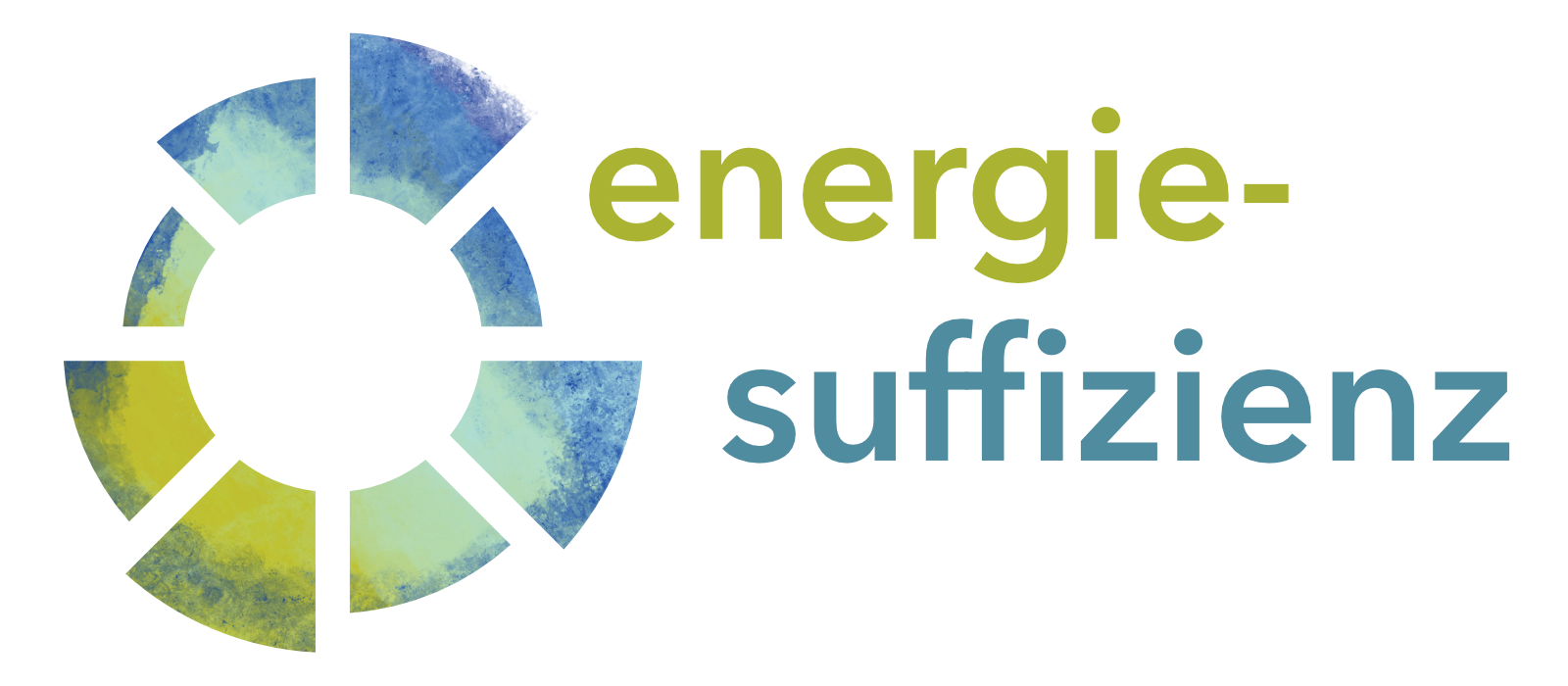Sufficiency policies:
additional information
ID 1: animal protein tax
Quantification:
- When 50% of Europeans eat meat only once per week and have a roughly 70% lower dairy consumption this would reduce GHG emissions in 2050 by 73 Mt which equals 16% of emissions from agriculture (McKinsey 2020)
- A vegan / vegetarian diet reduces the GHG emissions of the European footprint by 13.9% / 9% (compared to 2007) and reduces the land footprint by 4.7% / 0.6% (Vita et al. 2019)
- A switch to animal-free protein sources such as soy, lentils, other pulses and meat substitute products reduces global GHG emissions by 18-87% (central value 40%) (Creutzig et al. 2022)
ID 2: school-based programs
Quantification:
- When 50% of Europeans eat meat only once per week and have a roughly 70% lower dairy consumption this would reduce GHG emissions in 2050 by 73 Mt which equals 16% of emissions from agriculture (McKinsey 2020)
- A vegan / vegetarian diet reduces the GHG emissions of the European footprint by 13.9% / 9% (compared to 2007) and reduces the land footprint by 4.7% / 0.6% (Vita et al. 2019)
- A switch to animal-free protein sources such as soy, lentils, other pulses and meat substitute products reduces global GHG emissions by 18-87% (central value 40%) (Creutzig et al. 2022)
ID 3: food labelling
Quantification:
- When 50% of Europeans eat meat only once per week and have a roughly 70% lower dairy consumption this would reduce GHG emissions in 2050 by 73 Mt which equals 16% of emissions from agriculture (McKinsey 2020)
- A vegan / vegetarian diet reduces the GHG emissions of the European footprint by 13.9% / 9% (compared to 2007) and reduces the land footprint by 4.7% / 0.6% (Vita et al. 2019)
- A switch to animal-free protein sources such as soy, lentils, other pulses and meat substitute products reduces global GHG emissions by 18-87% (central value 40%) (Creutzig et al. 2022)
ID 4: mass media campaigns
Quantification:
- When 50% of Europeans eat meat only once per week and have a roughly 70% lower dairy consumption this would reduce GHG emissions in 2050 by 73 Mt which equals 16% of emissions from agriculture (McKinsey 2020)
- A vegan / vegetarian diet reduces the GHG emissions of the European footprint by 13.9% / 9% (compared to 2007) and reduces the land footprint by 4.7% / 0.6% (Vita et al. 2019)
- A switch to animal-free protein sources such as soy, lentils, other pulses and meat substitute products reduces global GHG emissions by 18-87% (central value 40%) (Creutzig et al. 2022)
ID 7: research and development for better meat substitute products
Quantification:
- When 50% of Europeans eat meat only once per week and have a roughly 70% lower dairy consumption this would reduce GHG emissions in 2050 by 73 Mt which equals 16% of emissions from agriculture (McKinsey 2020)
- A vegan / vegetarian diet reduces the GHG emissions of the European footprint by 13.9% / 9% (compared to 2007) and reduces the land footprint by 4.7% / 0.6% (Vita et al. 2019)
- A switch to animal-free protein sources such as soy, lentils, other pulses and meat substitute products reduces global GHG emissions by 18-87% (central value 40%) (Creutzig et al. 2022)
ID 24: marketing ban of climate harmful foods and drinks
Quantification:
- When 50% of Europeans eat meat only once per week and have a roughly 70% lower dairy consumption this would reduce GHG emissions in 2050 by 73 Mt which equals 16% of emissions from agriculture (McKinsey 2020)
- A vegan / vegetarian diet reduces the GHG emissions of the European footprint by 13.9% / 9% (compared to 2007) and reduces the land footprint by 4.7% / 0.6% (Vita et al. 2019)
- A switch to animal-free protein sources such as soy, lentils, other pulses and meat substitute products reduces global GHG emissions by 18-87% (central value 40%) (Creutzig et al. 2022)
Implementation example:
in the UK, a total online advertising restriction for products high in fat, sugar and salt is about to be implemented (source).
